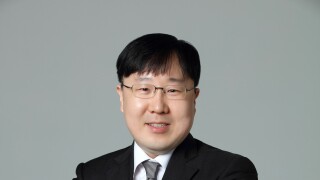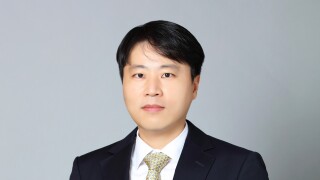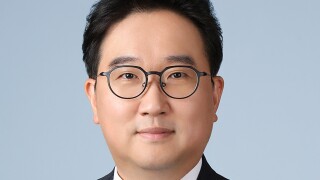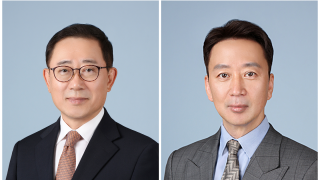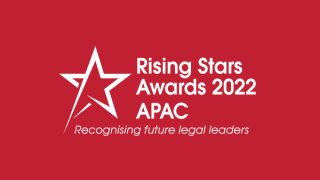South Korea
Youngmin Park joins us for our ‘Five minutes with’ series to discuss learning languages, moonlighting as a drummer, and why late is better than never
Jinwon Chun discusses the need for vigilance, his love for iced coffee, and preparing for INTA
Keejeong Kim, who returned to Yulchon after a four-year gap, said he was intrigued by the opportunity to work on neighbouring areas of law to IP
The firm also plans to build an entertainment practice group and up its IP and antitrust offerings with a focus on foreign clients
Sponsored
Sponsored
-
Sponsored by Hanol IP & LawMany food products contain known ingredients, rather than novel ingredients, as essential components. Such food products are usually a result of combining components in a special ratio to achieve a particular flavour, taste, effect, etc.
-
Sponsored by Hanol IP & LawIn Korea, plants can be protected by both Patent Law and Plant Variety Protection Law. Activities to seek the protection of the IP rights pertaining to plants have been growing, particularly with the development of genetic engineering technology as well as with the growth of the agriculture industry. This growing interest is evidenced by the significant increase in the number of applications, not only for patents, but also for plant variety rights. For example, as of December 2015, more than 8,000 applications for plant variety registrations were filed in Korea which makes Korea the seventh most active filer of plant variety rights among the UPOV member countries.
-
Sponsored by Hanol IP & LawFrom January 1 this year, the Korean Patent Court became the exclusive appellate court for IP related cases (see February issue). After this change, the Patent Court released some guidelines on the rules and procedures applicable to IP cases. The most recent is the "Guideline of Civil Practice and Procedure of the Patent Court of Korea" (the Guideline), which was published in English and Japanese.
-
Sponsored by Hanol IP & LawThe Korean Patent Act has been revised twice in the year 2016 and the revisions are quite substantial. Some of the new revisions will become effective from June 30 2016 and others from March 1 2017. The major revisions include the following:
-
Sponsored by Hanol IP & LawRecently, the Korean Supreme Court made a key decision regarding how to read the prior art when making an inventive step determination (2013 Hu 2873 and 2880 (consolidated), January 14 2016).
-
Sponsored by Hanol IP & LawThree years ago, Korea adopted a new patent term adjustment (PTA) system. As many readers know, PTA is a system that allows extension of a patent term to the patent owner to compensate for an unreasonable delay during the prosecution phase.
